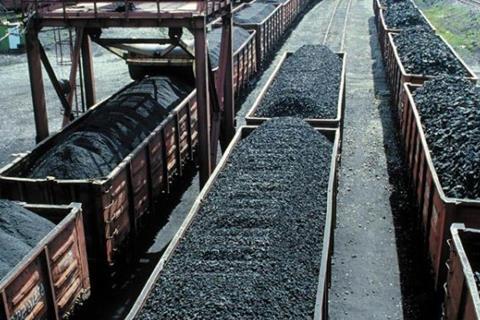
INDIA: Indian Railways has suspended a number of passenger services on key routes to free up line capacity for additional coal trains in response to a looming power shortage.
The month-long suspension of 42 ‘non-priority’ passenger services will see the cancellation of 363 Mail/Express trains and 390 by regional passenger trains on the critical corridors linking the coalfields in the eastern and southeast of the country to the northern and northwestern states.
South East Central Railway has temporarily withdrawn 22 Mail and 12 regional trains in the coal-producing states of Chhattisgarh and Odisha, while Northern Railway has suspended four Mail and four regional trains on routes serving key power stations.
India has been experiencing severe climatic conditions, with this April being the hottest recorded since 1951. Aggregate power demand jumped by 50% compared to April 2021 to a peak of 207·1 GW, and several states had to impose power cuts despite scorching conditions.
Thermal power stations still account for more than half of the country’s generating capacity, and consume around 1·85 million tonnes of coal per day. Many of the 108 coal-fired plants were reported to have less than seven days’ supply, at a time when they should be increasing coal stocks ahead of reduced mine output during the monsoon season. There has also been a shortage of imported coal, which is blended with domestic supplies at many plants. Since March, the benchmark price of imported coal has increased by more than 40%, primarily as a result of the Ukraine-Russia conflict.
Meanwhile, gas-powered generation has been running at low levels following a 300% rise in gas prices over past six months.
The Ministry of Power insists that ‘there is enough coal in the system’ to cope with an 11% increase in electricity generation, which it described as the highest for 38 years. Coal production increased by 37% from 566 million tonnes in 2013-14 to 777 million in 2021-22. The public sector Coal India Ltd was dispatching 1·64 million tonnes a day during April compared to 1·43 million for the corresponding period last year.
IR is currently reporting average coal loadings of about 1·6 million tonnes/day, an increase of 20% compared to last year, and says it will ‘do its utmost to lift all the vital fuel made available to keep the power utilities going in full throttle’. That includes squeezing capacity on congested corridors in order to optimise coal train movements.

















